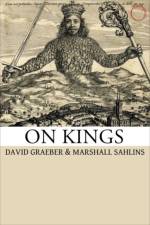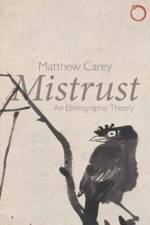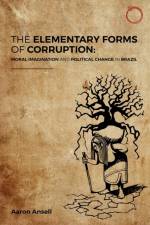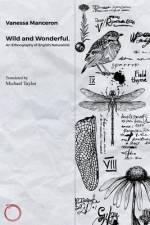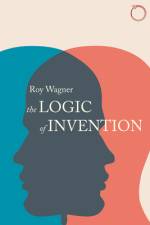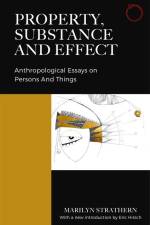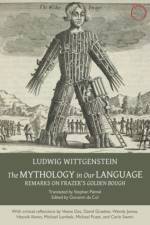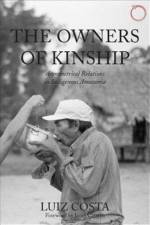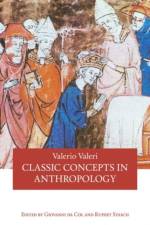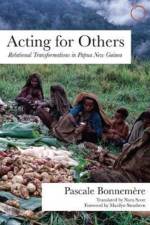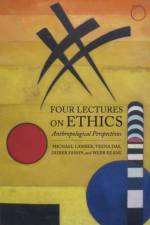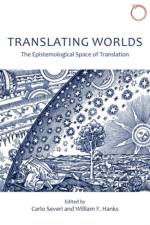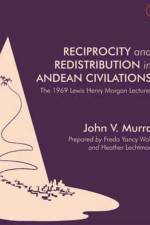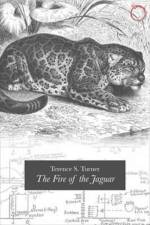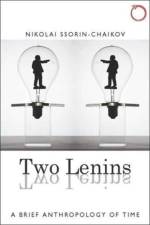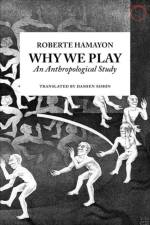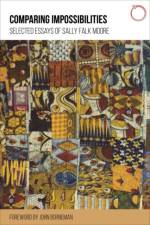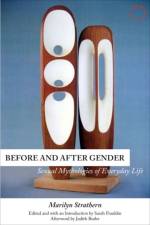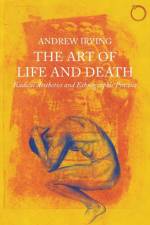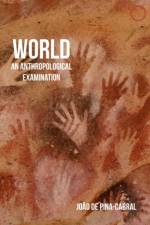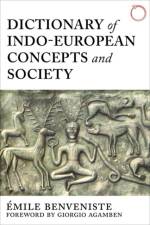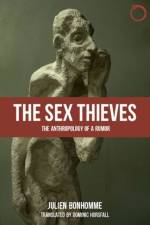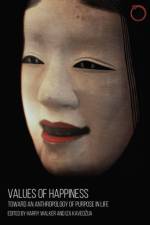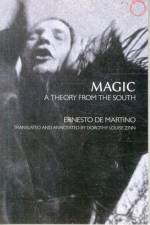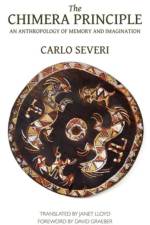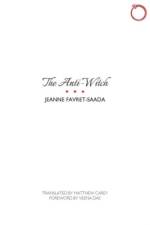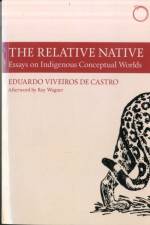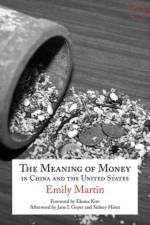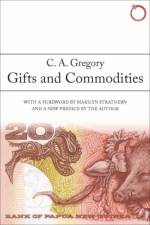av Emile Benveniste
505,-
Since its publication in 1969, Émile Benveniste's Vocabulaire--here in a new translation as the Dictionary of Indo-European Concepts and Society--has been the classic reference for tracing the institutional and conceptual genealogy of the sociocultural worlds of gifts, contracts, sacrifice, hospitality, authority, freedom, ancient economy, and kinship. A comprehensive and comparative history of words with analyses of their underlying neglected genealogies and structures of signification--and this via a masterful journey through Germanic, Romance, Indo-Iranian, Latin, and Greek languages--Benveniste's dictionary is a must-read for anthropologists, linguists, literary theorists, classicists, and philosophers alike. This book has famously inspired a wealth of thinkers, including Roland Barthes, Claude Lévi-Strauss, Pierre Bourdieu, Jacques Derrida, Umberto Eco, Giorgio Agamben, François Jullien, and many others. In this new volume, Benveniste's masterpiece on the study of language and society finds new life for a new generation of scholars. As political fictions continue to separate and reify differences between European, Middle Eastern, and South Asian societies, Benveniste reminds us just how historically deep their interconnections are and that understanding the way our institutions are evoked through the words that describe them is more necessary than ever.

